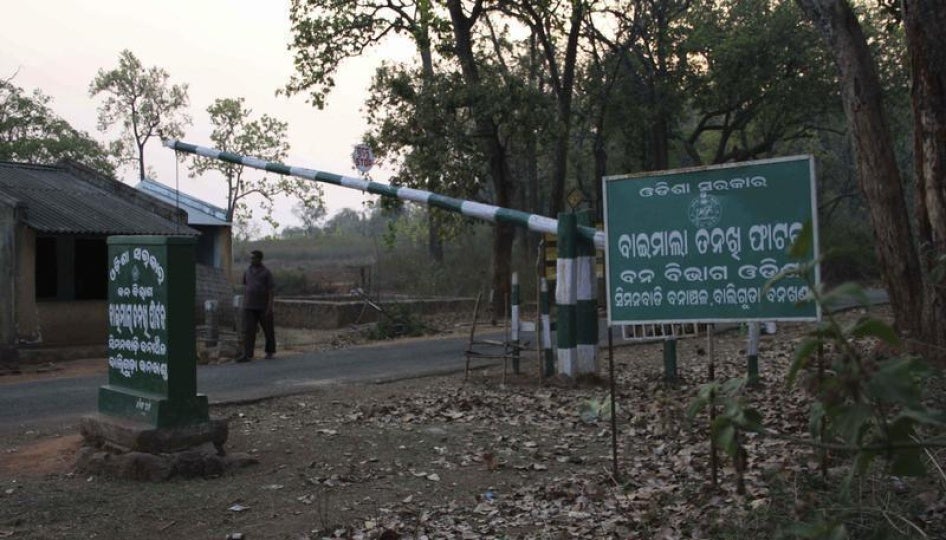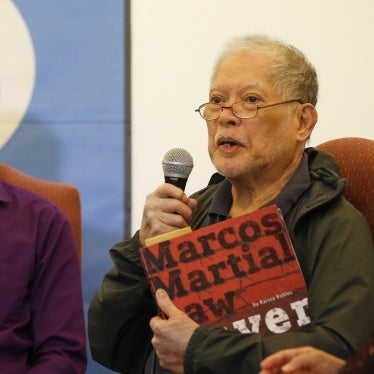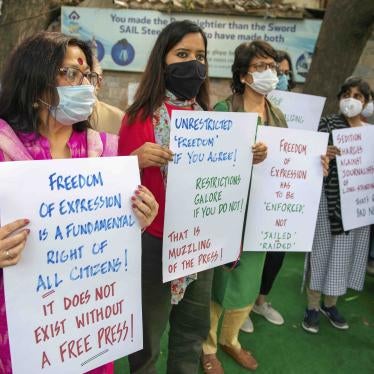On the evening of Sunday, July 26, Dhubeswar Nayak and his wife Budi walked up a hill from their village of Pangalpadar in the eastern Indian state of Odisha to make a phone call. They wanted to speak to their sons, who work as laborers in Kerala state, and the mobile phone signal is stronger up on the hillside. It was the last conversation either of them would have.
Three other villagers were up on the hillside that evening with the Nayaks making calls to family too. They wrapped up their calls ahead of the Nayaks and headed home, but on the way were stopped by state security forces patrolling the area as part of their operations against Maoist insurgents.
The group was questioned and allowed to go on their way, but an hour or so later, they heard gunshots. When the Nayaks failed to come home that night, villagers ventured out to search for the couple, and found bloodstains and Budi’s slippers – but no sign of Dhubeswar or Budi.
Village leaders tried to file a complaint at the police station, but the police refused to accept the report. Shortly afterward, police officers announced a “successful operation” against the Maoists, saying security forces had recovered weapons and killed two fighters in Kandhamal district, Odisha state. “The crossfire lasted about 50 minutes during which about 40 rounds were fired,” the police said. “We stopped firing after evening set in.”
Villagers contested the police claims and held protests. Eventually, the authorities released the bodies and agreed to pay compensation, claiming the couple was killed after being caught in crossfire.
The killings in Kandhamal are not an isolated incident.
On July 29, police reported the killing of a senior Maoist commander in the adjoining state of Chhattisgarh. Guns and explosives were apparently recovered after an armed exchange, police said. Yet, again, local residents dispute police accounts.
Villagers say that Hemla Podiya was an innocent bystander who had no connection with the Maoists, and that he was not killed in an armed encounter in the jungle as police have claimed.
These latest incidents are indicative of serious human rights violations in India’s campaign against Maoist insurgents. Too often, security forces shoot first and ask questions later. And because under Indian law security forces enjoy effective immunity from prosecution, they are seldom held to account.
The authorities should order a transparent, impartial, and independent investigation into both of these incidents. They need explain why two parents who climbed a hill to phone their children never came down again. And take appropriate action against those responsible.









